Independence is the state of being free and not controlled by another person, culture, or country. As we celebrate the 78th Independence Day of India from British rule, it is equally important to celebrate our independence as individuals, as citizens of this beautiful and resourceful country. To truly celebrate, we need to introspect and examine our own freedom, then compare it with the freedom of those we encounter daily. Do some people have more freedom than you, while others have less, hidden under the guise of access and opportunities? Now, take a map of India and place your finger randomly on any location. Do you think you would have more freedom there or less? Why do we feel more or less free than others, and in different regions? We are one nation, a free nation. But why is freedom variable in this free nation? Is freedom subjective? If so, can people be free under monarchs too? Or under priests, monks, and clergy? Or under dictators? It’s all subjective anyway.
If you explore the concept of freedom, you’ll find that how free you feel can depend on the day. There are days when we just feel less free—days when we have a lot of work, days when it’s difficult to order food on delivery apps, days when Internet services are taken down by the government, and days when we remember intellectuals and poets languishing in jail. These are the times when freedom feels distant.
On other days, like when you’re about to go on vacation, when you know exactly what food you want to order, or on significant days such as Independence Day, Republic Day, Ambedkar Jayanti, and Gandhi Jayanti, freedom feels much closer. These are the days when freedom is televised, screened, and live-broadcast. On these occasions, it’s almost impossible not to feel more free.
You might feel more free with more power or money. But does having more of these things make you truly free? Yes and no. No, because freedom isn’t just about wealth and power; it’s also about your background. We might not ask about people’s caste anymore, but your family background is the indirect way of investigating one’s caste. If you come from a powerful and wealthy oppressor caste family, you’ll likely be able to sustain that power and wealth. Otherwise, they might only be temporary—just a fleeting increase in your personal freedom index. So, while your freedom might be directly proportional to money and power, caste (or family background) acts as a catalyst that alters this freedom.
Some might argue that I’m only skimming the surface, that the reality of freedom is much deeper. But I wonder, are we deep-thinking people, or do we live on the surface? If there’s no freedom on the surface, how can we trust anyone who claims that there’s freedom in the depths? Depths of what? Food is on the surface, as are shelter and clothing, air, water, and fire; birth and death are also on the surface. We live on the surface, so let’s talk about freedom on the surface first. Do we truly have freedom here?
Since freedom is subjective, the days we choose to celebrate it might differ as well. While some might feel more connected to Republic Day on January 26 or Ambedkar Jayanti on April 14, others look back at the midnight of 15th August 1947, when India gained independence from British rule, as a defining moment of freedom. But did true freedom begin that night, or was it on 26th January 1950, when the Constitution of India replaced British law at the centre and Manusmriti in regions, offering new opportunities for millions who had been oppressed as untouchables? We might have started the process of securing freedom for each individual under an independent state, but we are still in the process of achieving this freedom—the freedom that progressives such as Dr. Ambedkar and Nehru aspired to.
Independence is not a document; it is an emotion. Unlike nationalism or patriotism, it doesn’t bind you to anything. Instead, it frees you and creates connections of love. These connections—between people, animals, land, water, and so on—foster love for our people, our environment, and our universe. Even if I cannot foresee this future, I am grateful that I can still dream. Dream about freedom for all of us. Dream about equality.
Freedom is different for each of us, but it feels the same. Freedom doesn’t bring pride, but compassion. Freedom doesn’t demand blood, but bandages. Freedom doesn’t make nations, but worlds. Freedom doesn’t kill, but gives life. Freedom doesn’t need to be televised, but felt. Freedom is the epitome of human intelligence. Freedom is a dream—far-fetched, but still worth living for.
I hope we feel more free today, tomorrow, and in the days to come. But to achieve that, we must work for it today, tomorrow, and in the days to come.
Based on these ideas of freedom that I have been pondering about, I am doing my first solo exhibition with the Museum of Goa, Goa. This exhibition honours those who have fought for their freedom long before and after Colonial rule. It honours who continued our fight for freedom after the independence of the state. It celebrates their resilience and achievements. While you wander around these stories of many stalwarts of the movement for Equality, in the middle you’ll get a glimpse of how a regular Dalit family grew post independence. The objects placed here are the remnants of my past which was both glorious and painful. I was orphaned from my own history by my education and educators. It took me a very long time to accept my history. I am still rediscovering my history and the history of my people. It is a lifelong learning process. This is a glimpse of our history. This exhibition is not just an educational journey but an invitation to connect with the past. Our past. We the people (too)…






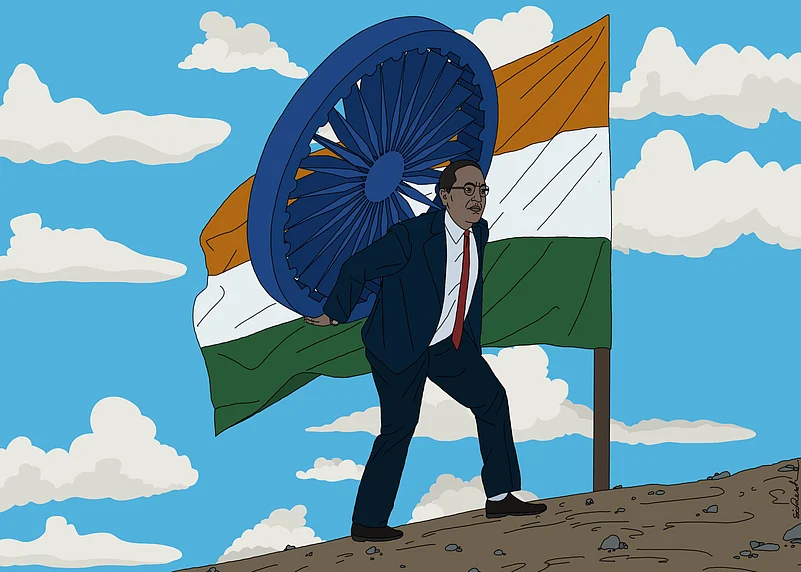

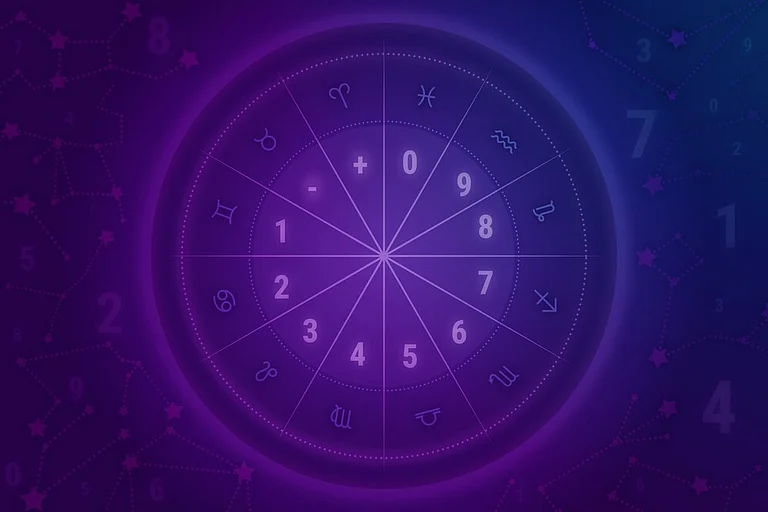

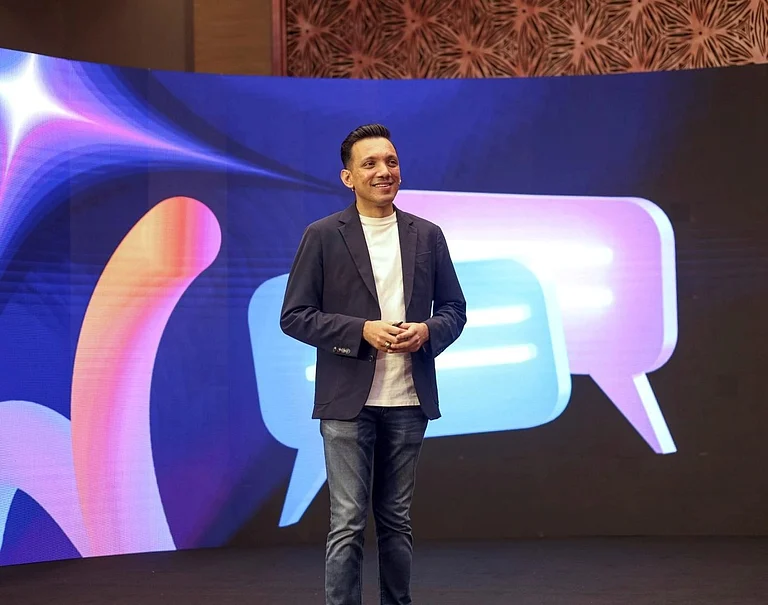
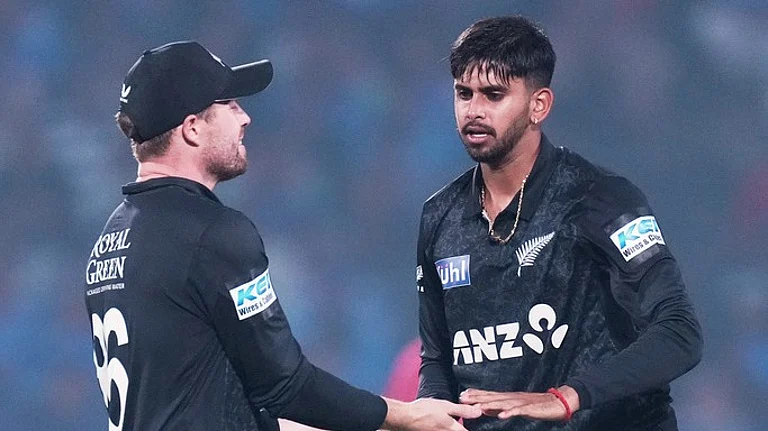


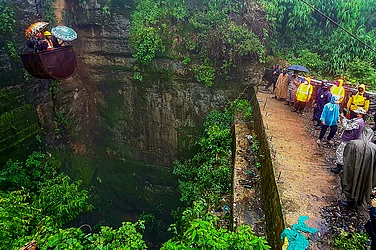
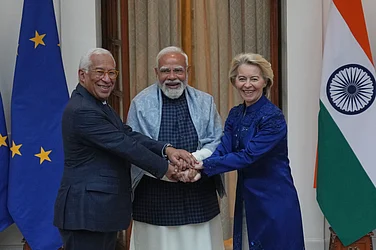




.png?w=200&auto=format%2Ccompress&fit=max)



